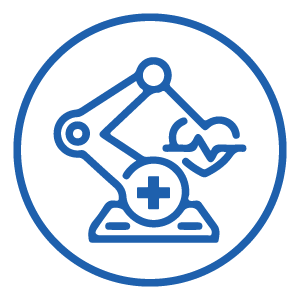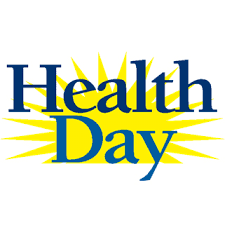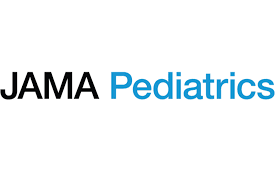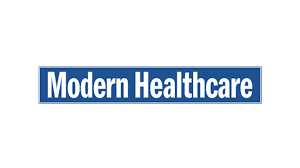 Supply Chain/Technology
Supply Chain/Technology
Study links intraoperative synthetic opioids, worse postoperative pain

Editor's Note Using powerful synthetic opioids remifentanil and sufentanil during surgery increases risk of patients suffering during recovery, according to a study in the journal Regional Anesthesia & Pain Medicine. HealthDay reported the news February 27. According to the article, researchers analyzed data from 971 patients who underwent surgery—37% orthopedic…
Tooth-in-eye surgery offers hope for restored vision

Editor's Note For the first time in Canada, surgeons aim to restore a patient’s sight by gluing a lens into a removed tooth, temporarily implanting the structure into the cheek to develop a tissue lining, then sewing it onto the front of eye three months later. CTV News reported on…
Study: Prophylactic antibiotics reduce SSIs in pediatric cholecystectomy

Editor's Note A cohort study published February 24 in JAMA Pediatrics found that prophylactic antibiotics reduced the odds of surgical site infections (SSIs) by 72% in children undergoing cholecystectomy for uncomplicated cholelithiasis. However, extended-spectrum antibiotics offered no additional benefit over cefazolin, suggesting that simpler prophylaxis protocols could optimize outcomes while…
Robotic surgery transforms ORs as market expands

Editor's Note A February 21 article in Modern Healthcare details how surgical robots are delivering faster procedures, improving patient outcomes, and boosting hospital profits. As detailed in the article, the global surgical robotics market has quadrupled since 2015, growing from $800 million to approximately $3 to $3.5 billion in 2023…
FDA designates Class 1 recall for pacemakers

Editor’s Note The US Food and Drug Administration (FDA) has designated Boston Scientific Corporation’s recall of Accolade Pacemaker devices a Class 1, the most severe category indicating serious risk of injury or death. According to the agency’s February 21 announcement, the recall was motivated by a manufacturing issue that could…
Chinese medical devices threaten US healthcare cybersecurity

Editor’s Note Backdoors in Chinese-made medical monitors could put patients at risk and compromise hospital networks across the US, according to security agencies quoted in a February 23 report from CNBC. The article cites the popular Contec CMS8000 patient monitor as an example. Both the US Food and Drug Administration…
Preoperative SGLT2i use does not raise DKA risk in emergency surgery
Editor’s Note Preoperative use of sodium-glucose cotransporter 2 inhibitors (SGLT2i) does not increase the risk of postoperative diabetic ketoacidosis (DKA) in patients undergoing emergency surgery, according to a study published February 19 in JAMA Surgery. These findings challenge the current FDA recommendation to withhold SGLT2i medications for at least three…
AI boosts accuracy in surgical reports, outperforming surgeons

Editor's Note AI-generated operative reports for robotic-assisted radical prostatectomy (RARP) were more accurate than those written by surgeons in a study published February 7 in the Journal of the American College of Surgeons. Analyzing 158 cases from a tertiary referral center, researchers tested an AI computer-vision algorithm on surgical video…
AI models improve prediction of surgical complications using preoperative clinical notes

Editor’s Note Large language models (LLMs) outperformed traditional methods in predicting postoperative complications, according to a study on artificial intelligence (AI) in perioperative risk assessment published February 11 in the journal Nature. Results indicate AI-driven models could enhance patient safety and streamline clinical workflows by detecting complications earlier. Researchers analyzed…
Ambient AI healthcare documentation gains traction as capabilities expand

Editor's Note Investor interest in ambient AI clinical documentation is surging, with venture funding for AI scribe companies reaching $292 million in 2024—more than triple the $87 million seen in 2023, according to a February 11 article in Modern Healthcare. Attributing the $292 million figure to a report from research…

 Free Daily News
Free Daily News